An American firm has developed a prototype electric vehicle battery that it claims can provide 752 miles of range on a single charge.
Our Next Energy (One), a battery developer based in Michigan, implemented its experimental 203.7kWh Gemini unit into a Tesla Model S and completed road tests back in December.
The modified Model S achieved 882 miles at an average speed of 55mph, a figure that One says was validated by a third party using a vehicle dynamometer.
"We want to accelerate the adoption of electric vehicles by eliminating range anxiety, which holds back most consumers today," said One founder and CEO Mujeeb Ijaz.
“We're now focused on evolving this proof-of-concept battery into a new product called Gemini, which will enable long distance trips on a single charge while improving cost and safety using sustainable materials."
One believes the Gemini battery will help overcome surplus battery drain in EVs, caused by extreme weather, high-speed driving or towing trailers.
Ijaz claimed the Gemini will “double the available energy on board in the same package space.
One also suggests that its battery will reduce the pressure on EV infrastructure, easing the need for queueing for charging stations and overcoming slow recharging times.
The company was founded in 2020 with the goal of producing safer battery technologies with sustainable raw materials. It aims to produce its first product - Aries, a 79kW battery – later this year before presenting a production prototype of Gemini in 2023.
It has previously recieved backing from BMW, Microsoft founder Bill Gates and Amazon boss Jeff Bezos.

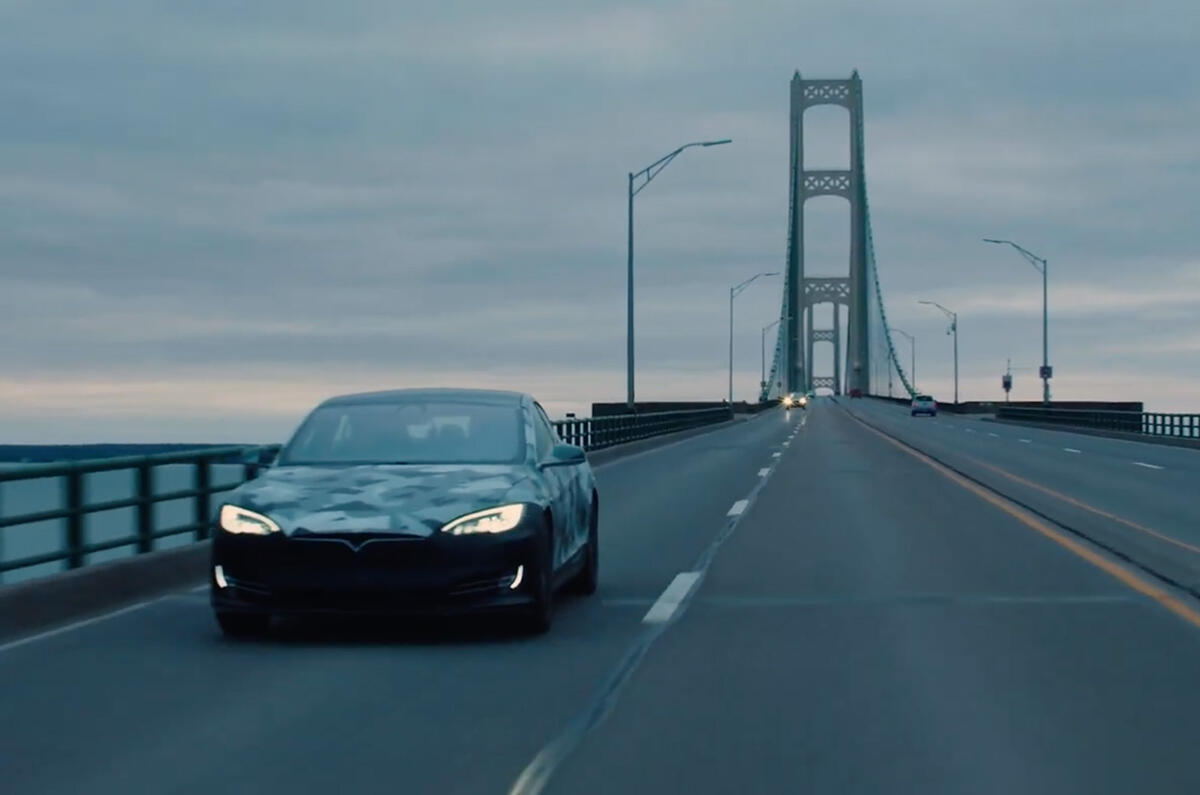
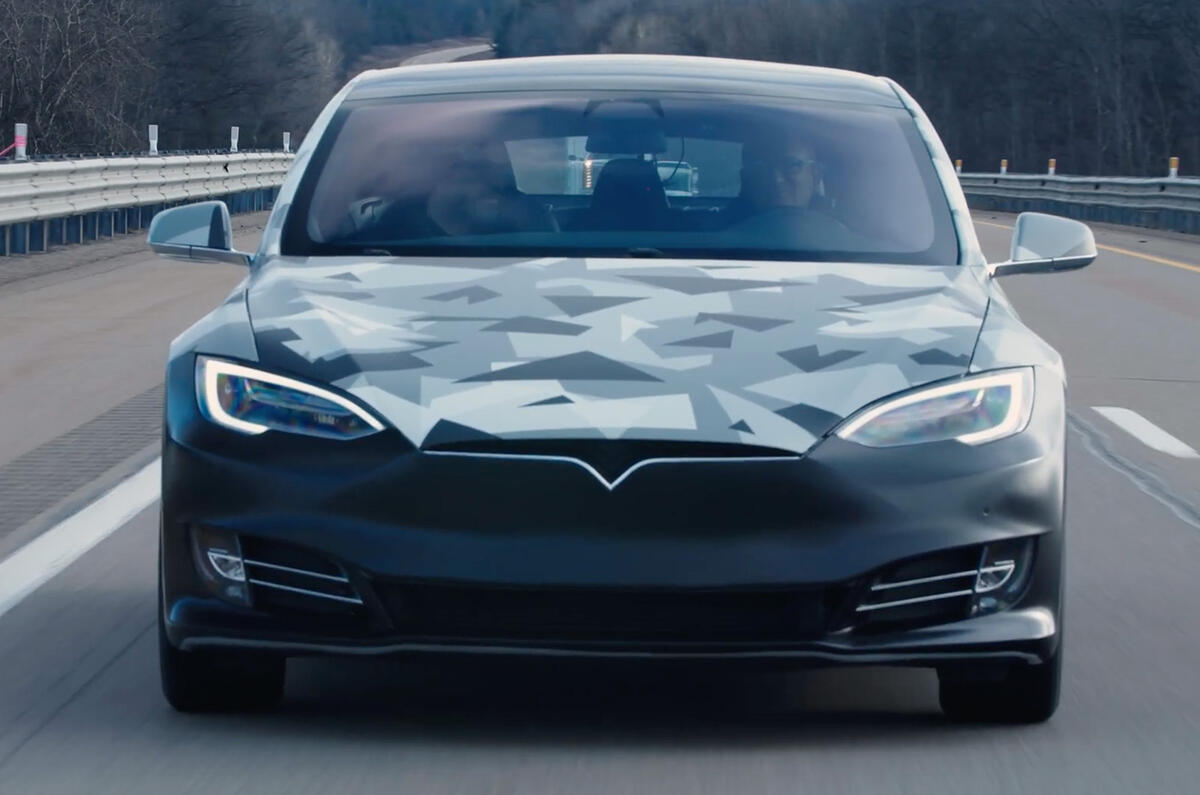
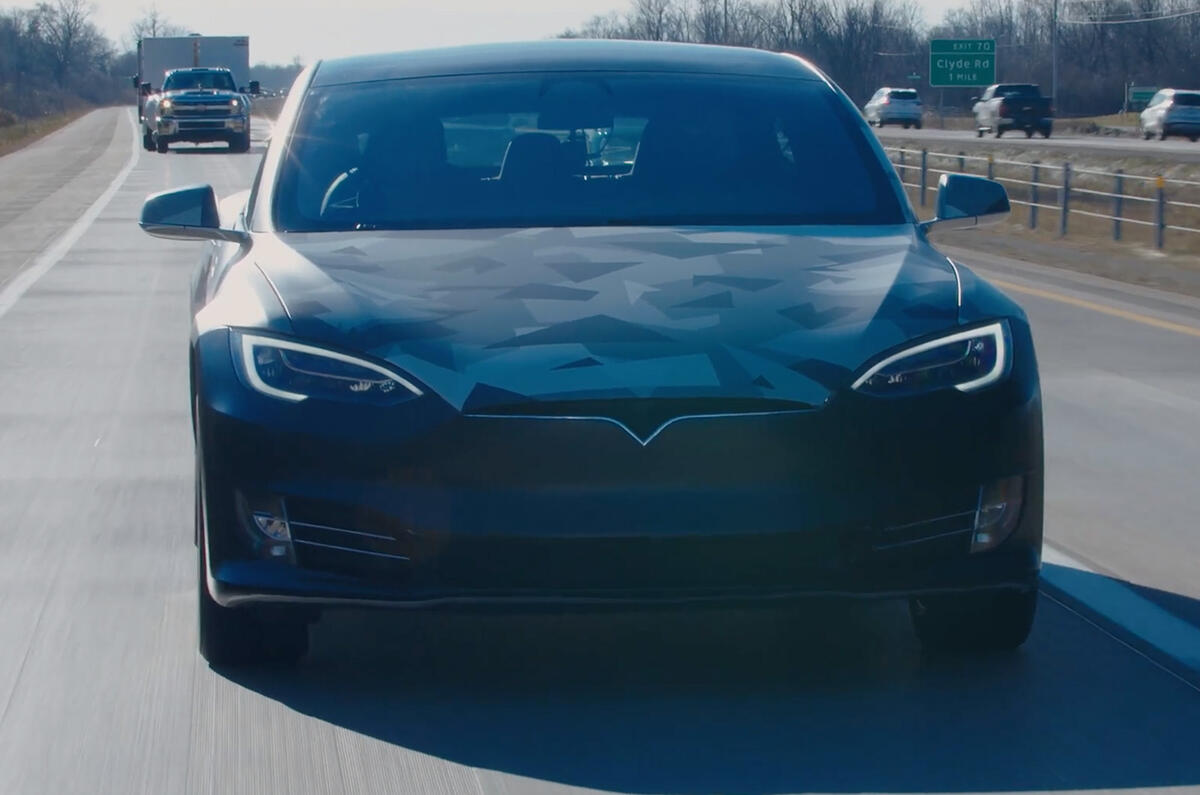
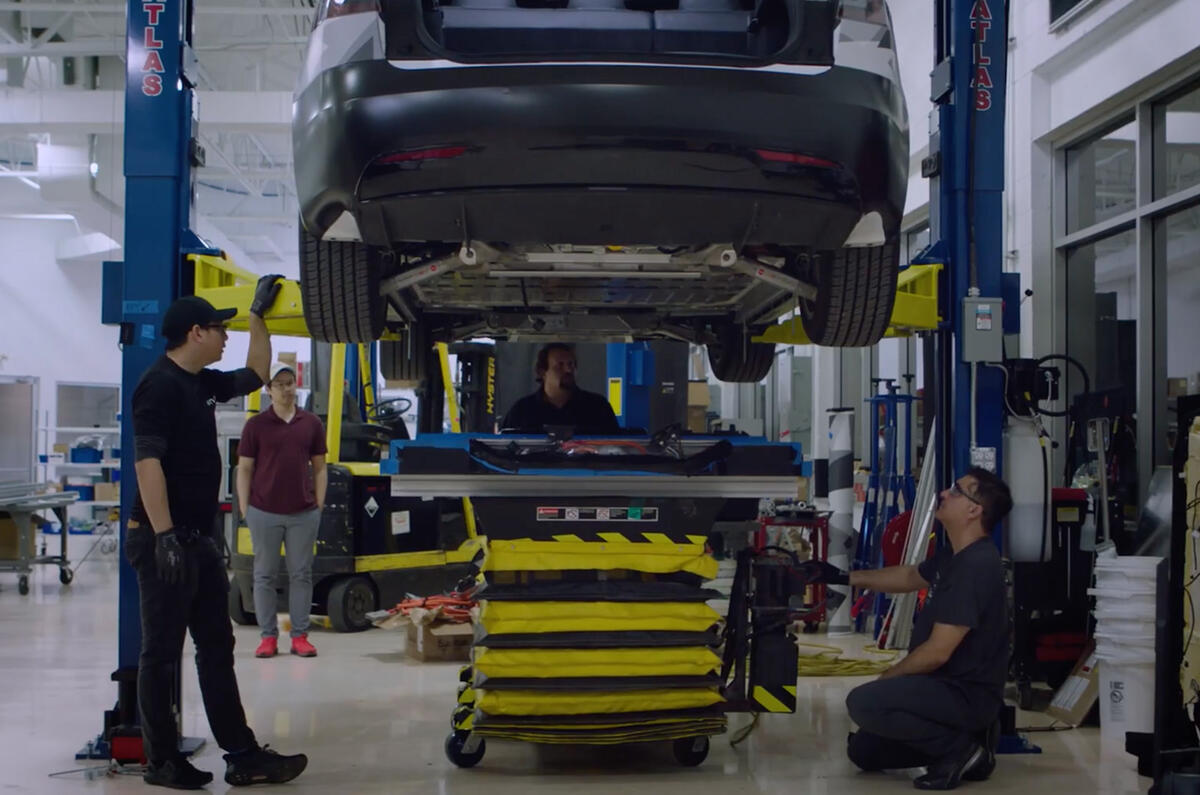
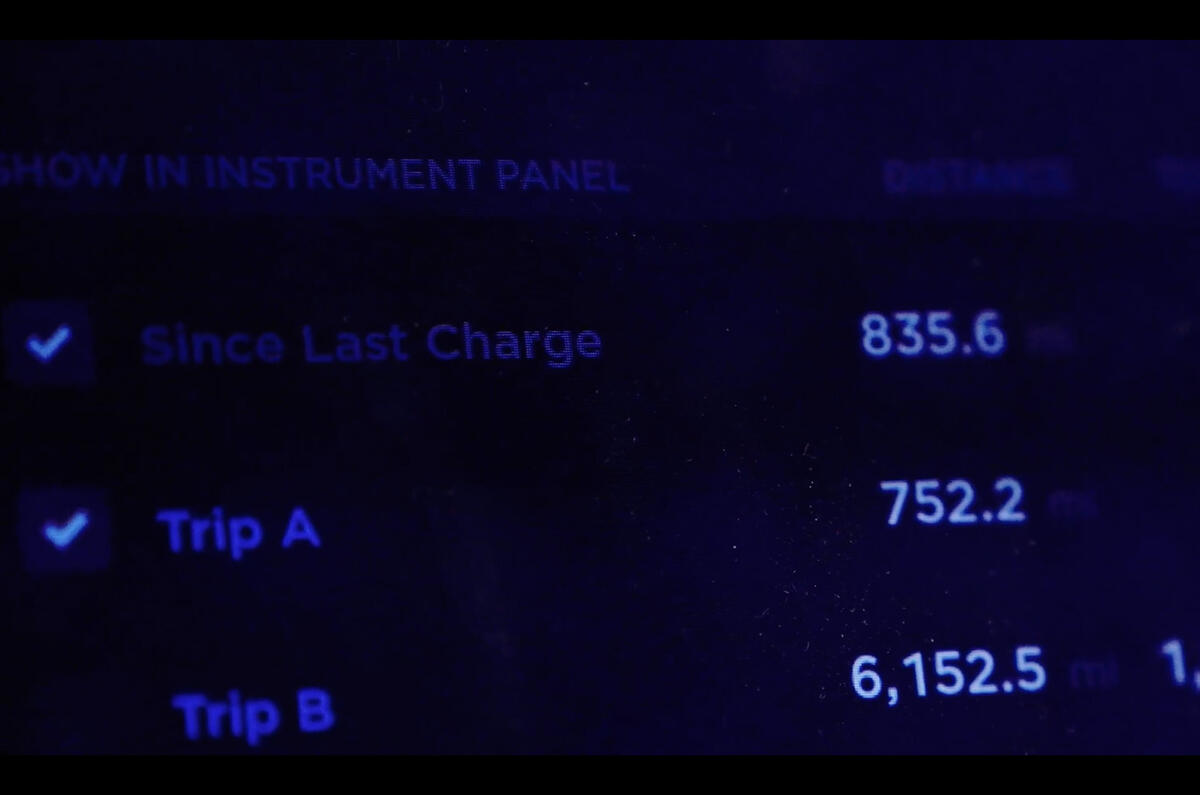

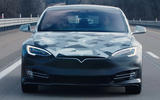
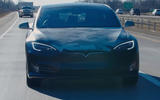




Join the debate
Add your comment
From what I read there are lots of ideas for producing longer range batteries - not least the long promised and awaited Solid State batteries - but only time will tell whether any of the new battery chemistry will last the distance in term of battery degradation. Lithium Iron batteries are now proving with good battery heat management to last hundreds of thousands of miles - well beyond the life of Internal combustion engines or the life of the vehicle in which they are installed. I think is going to take a long time to prove alternative batteries.
Yes, great idea but still not covinced with the reason.
It would suit me, I don't drive lots of daily journies but when I do drive they tend to be long. Living in rural Cornwall and travelling to see family in rural north wales over Chrismas there are very few public charges at either point in around 600 miles of driving. Having a large capacity battery would allow me to charge my car from solar on my house over a few days or weeks where I do a few short journies and have it ready for a long one.
The reson using public charges is questionable. With 23% of electricity coming from renewable sources over the last 12 month which is at its maximum, any additional would come from fossil fuels. With gas producing 50% of our electricity should LPG be pused as interim fuel until we get to a point when the county runs on a 100% neuclear/renewable mix.